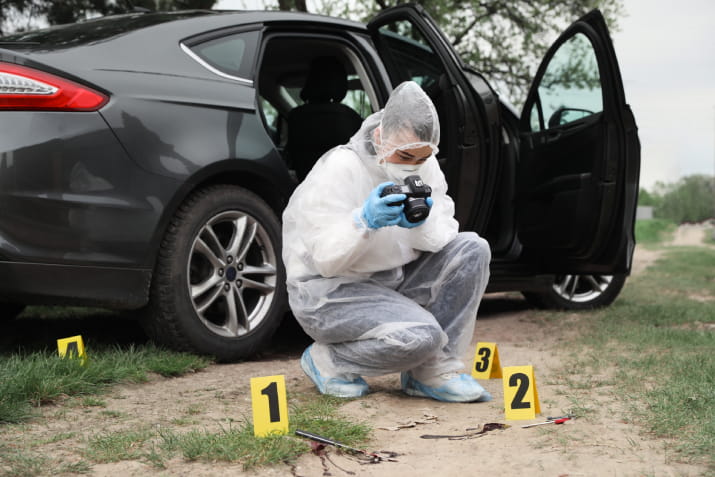How to lower your stress in a time of crisis
Psychologist Suzie Plush gives us her expert insights on coping with anxiety during the COVID-19 pandemic. Here are her top tips for lowering stress levels.

The COVID-19 pandemic is one of the most momentous public challenges any of us have ever faced. There have been major upheavals in the past half century – even in the last decade – but none that have affected our daily lives, workplaces and social lives quite like this.
Not everyone can take an event of this nature in their stride. So we invited psychologist Suzie Plush to give us her expert insights on coping in a time when panic is a part of everyday life.

Suzie Plush, psychologist and career expert.
Here is her expert advice:
Know that feeling anxious is normal
“It's normal to feel a little bit stressed, anxious and uncertain,” Suzie says. “The pandemic has completely changed the way that we live, the way we work, the way we socialise.”
She adds that the constant flow of new information on the situation can be overwhelming.
“There's always new updates: stronger social distancing policies, news reports, social media alerts. We're bombarded by so much information and change and uncertainty, and that can really cause us to feel stressed and anxious.”
So, how can we best manage this stress and get on with our daily lives?
Suzie says the first step is to acknowledge what you’re feeling.
Understand why you’re stressed
“One of the first things that you can do is just identify when you're feeling overwhelmed and anxious,” Suzie says.
“Part of the reason our mind becomes anxious is because it gets activated – it fires when there's a threat to our survival. So it's there as a protecting mechanism.”
The activation of the sympathetic nervous system – known as the fight or flight response – is our body’s involuntary response to dangerous or stressful situations. It’s developed over thousands of years and is evolution’s way of helping us survive danger. The response leads to physiological changes including faster breath and heart rate, as well as the release of hormones to prepare us either to stand our ground or run away as fast as we can.
Suzie says that 150,000 years ago the perceived danger that brought on this response might have taken the form of a sabre-toothed tiger. But now we might get a similar response from a speeding car or the thought of having to speak in public.
The problem with a situation with modern day threats, such as the coronavirus pandemic, is that we can neither battle it with the physical response our body craves – such as running away. Suzie says that instead we just feel “chronic stress and anxiety”.
What you can do to respond instead is to recognise the feeling and try to move your response to the body’s parasympathetic nervous system instead.
“The parasympathetic nervous system is the part of our body that brings about a calm and relaxing state and it helps us slow down. It helps our digestion and helps us just be in that really chill place,” says Suzie. But how?
“Deep breathing is really crucial. Taking those deep, calm breaths is a way of activating the parasympathetic nervous system.”
Find your calm
Suzie says there are several strategies you can use to and de-escalate the situation when you’re feeling stressed.
She says spending time in nature is a great way to start.
“I know that's challenging with social distancing protocols, but if you're lucky enough to have a backyard or there's a park near your house… just going for a walk, even taking your shoes off and walking on grass can be really grounding and get you more connected to your body.”
Not one for nature? Yoga and meditation are also beneficial. Suzie also says you can lower your stress by returning to what feels “normal”.
“Playing with animals or children can really help you get out of that stressed state.” she says.
“Working on a hobby or something that really interests you can also get you into that flow state.”
Remember, no matter how stressed you’re feeling, you can always take a moment to return to your body. Your mind will thank you for it.
Browse thousands of courses from leading Australian universities.
Or complete the form on this page to chat to an advisor about study options.



